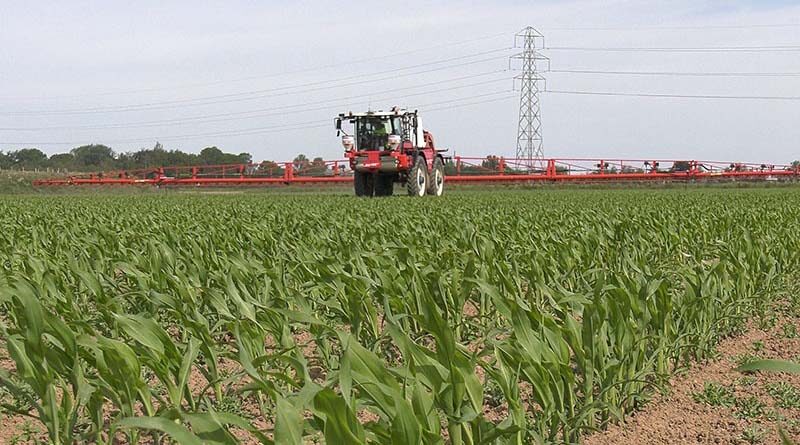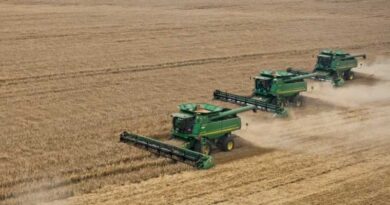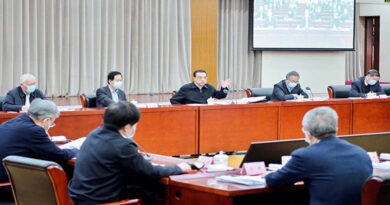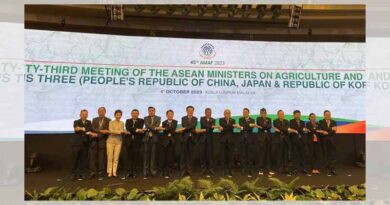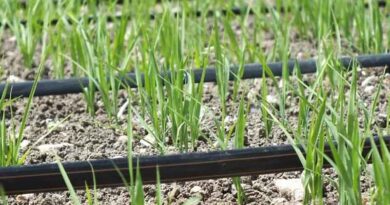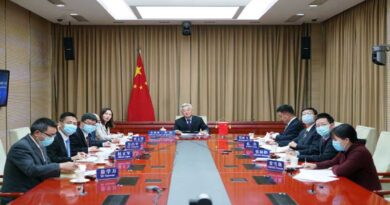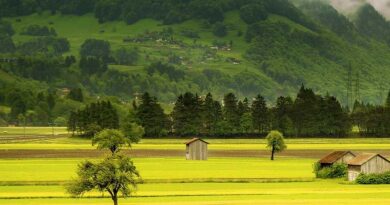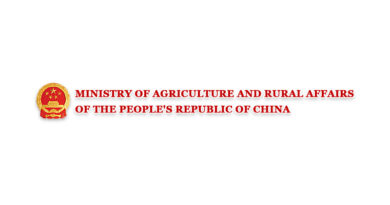Official: China’s agricultural sector remains stable despite challenges
06 May 2022, China: China’s agricultural sector and rural economy have maintained stable performance this year despite pressures from sporadic COVID-19 outbreaks and fluctuations in international markets, Deng Xiaogang, vice-minister of agricultural and rural affairs, told Xinhua in an interview.
Deng made the remarks as the world’s second-largest economy is confronted with increasing risks and uncertainties, and the stability of agricultural production and rural areas is crucial to the country’s economic and social development.
The vice-minister said a balance has been achieved between epidemic control and spring farming, citing a series of encouraging facts and figures.
Currently, the farming situation is better than expected, he said.
Also Read: India signs declaration with Germany on agro-ecology and sustainable management of natural resources
The planting area of winter wheat remains stable at 336 million mu (about 22.4 million hectares) this year. The grain acreage for this spring is set at 940 million mu, slightly higher than a year ago, and over 40 percent of the sowing has been accomplished, faster than last spring.
All-out efforts will be taken to ensure grain harvests, Deng said, stressing that the bottom line for grain output this year is above 650 billion kg.
China’s grain output reached nearly 683 billion kg in 2021, the seventh consecutive year to exceed 650 billion kg.
Rural industries also maintained a robust trend.
So far this year, the country’s agricultural product processing sector has raked in a combined 1.26 trillion yuan (about $192 billion) in revenue, up 3.7 percent year-on-year, and online sales of farm produce are predicted to grow 10 percent. The purchasing managers’ index for leading rural enterprises came in at 54.7, well above the boom-bust line of 50.
This stability was reflected in farmers’ incomes. In the first quarter, the per capita disposable income of rural residents went up 6.3 percent from a year ago to 5,778 yuan, with the growth rate 2.1 percentage points higher than that of urban residents.
While the broader economy faces increasing risks and challenges, Deng said more efforts will be taken to keep rural areas stable and prosperous, including bolstering rural industries such as tourism and helping migrant workers from the countryside find jobs in towns and cities.
Deng in particular pledged measures to channel more funds into the countryside.
Government spending will increase in sectors ranging from grain production and high-end farmland to the seed industry, and financial institutions will be guided to lend more to major rural projects. The establishment of rural revitalization funds will also be encouraged to attract more social capital.
In the first quarter, the fixed-asset investment in the primary industry gained 6.8 percent year on year to 252.2 billion yuan, which Deng described as a hard-won result amid complex situations at home and abroad.

